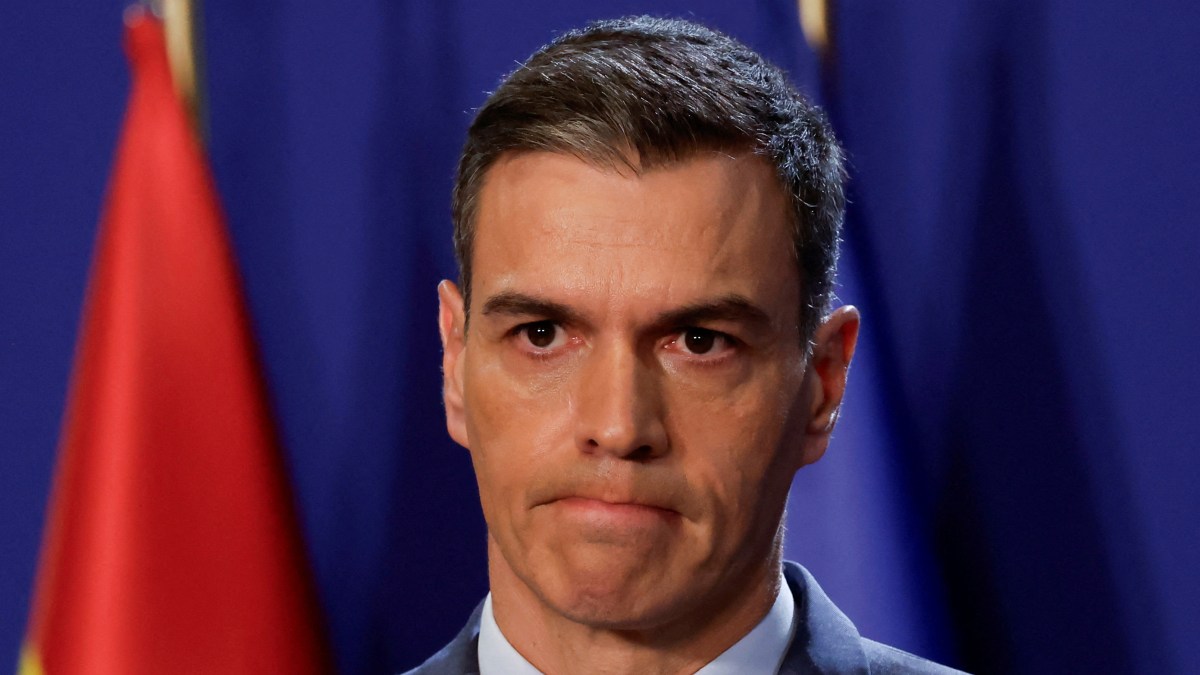
In a significant policy shift, Spanish Prime Minister Pedro Sanchez has announced the government's decision to abolish the golden visa program. This scheme allows foreigners to secure residency by investing a minimum of €500,000 in Spanish real estate. The move marks a pivotal change in Spain's approach to foreign investment and residency.
Introduced in 2013, amid a struggling housing market and the wider Euro crisis, the golden visa program was seen as a vehicle to attract foreign capital into Spain's property sector. The scheme did not only pertain to real estate investments but also extended to those injecting over €1 million into Spanish companies or more than €2 million into government bonds.
Despite its initial intent to bolster the economy, the program faced intense criticism for fueling inflation and serving as a conduit for illicit funds. In a press conference held in the Seville area of Dos Hermanas, Sanchez outlined the government's stance, emphasizing the move away from speculative property investments. This decision aligns with the Socialist-led government's broader housing policy aimed at ensuring access to affordable living spaces.
The Prime Minister detailed that an overwhelming 94% of the visas issued under this scheme were linked to real estate purchases in major cities like Barcelona, Madrid, Malaga, and Valencia. These cities are notorious for their high market prices, reflecting the program's contribution to property value inflation in sought-after urban centres.

The decision arrives at a crucial moment, ahead of imminent local elections in Catalunya and the Basque Country. With housing affordability at its heart, Sanchez's administration is keen on reforming the housing sector to guarantee that no Spaniard spends over 30% of their income on housing.
In 2022 alone, Spain awarded 2,462 golden visas for property investments surpassing the €500,000 threshold, marking a 60% increase from the year before. Since its inception, the program has issued 11,464 individual authorizations, not including the 19,805 permits granted for family reunification purposes.
The announcement follows a trend seen in other European countries, such as Ireland, Portugal, and Greece, which have recently scrapped their versions of the golden visa, pointing to the adverse effects on affordable housing stocks in major cities.
While intended to regulate the housing market and curb speculative investment, housing experts have voiced concerns over the potential economic fallout from such a move. Foreign investments, particularly in real estate, have been a significant driver of the Spanish economy, with international buyers constituting 15% of all property transactions last year—a record high.
As Spain prepares to phase out its golden visa program, the decision is poised to redefine the landscape of foreign investment and residency in the country, balancing economic benefits against social and housing policy objectives. Further details on the implementation and timeline for the scheme's termination are awaited